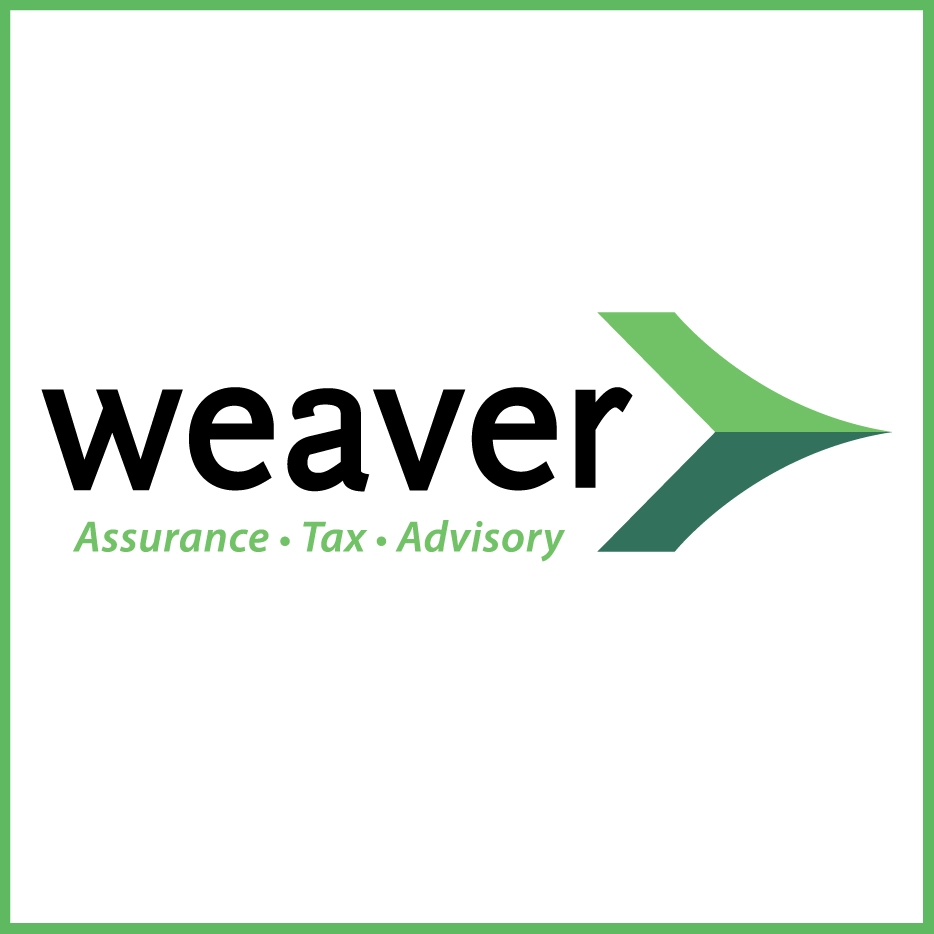What the Changes to IRS’s Code Section 174 Means for Taxes This Year
For businesses, tax season can be especially stressful, given the weight of information to prepare and consider, along with various changes coming from the IRS. The Tax Cuts and Jobs Act of 2017 amended Code Section 174, whereby requiring companies to capitalize and amortize costs for their R&D expenses starting in the 2022 tax year. Prior to this amendment, companies were able to fully deduct their qualified R&D expenses in a given tax year.
What do companies need to know about their taxes regarding R&D expenses moving forward?
In a new episode of “On the Shop Floor,” hosts Colby Horn and Jody Allred, both Partners-in-Charge of Manufacturing, Distribution, and Retail Services at Weaver, interviewed Nancy Imholte, Director of R&D Tax Credit Services, and Kurtis Dixon, Tax Services Partner. The group discussed steps they recommend to their clients to implement the changes to 174 and how it will affect this and future year’s tax filings.
The four also talked about ….
- The requirements of Code Section 174 and some of the uncertainty about what is and is not included;
- The impact on tax provision calculations for C-Corps;
- What this amendment now means for the future of expenses for R&D; and
- The need to keep clients informed about how Code Section 174 will impact the way they file taxes this year.
Imholte explained the consequences of the changes, “It’s just trying to figure out a way to show that at a minimum you’ve got to capitalize whatever you have qualified as R&D tax credit cost. But it’s really broader than that [qualifying R&D tax credit cost] of what should be capitalized. It’s important to make sure they are actually making the right change in their reporting. If we’re not their tax preparer, their tax preparer needs to be made aware of that change and it needs to be reported on returns.” Imholte went on to mention that companies need to look at their R&D credits “a lot earlier to make sure that when they are filing their extensions that all of their payments are made to minimize any penalties…and then that if you have tax provision that you will need that information as well so that you can have all of that included in your [calculations].”
With regards to the impact on tax provisions calculations, Dixon added, “In theory, you’re going to pay more taxes on your tax return. You have this big expense that now, for tax purposes, is being amortized over this 5-year, maybe 15-year period, depending on what it is. So, you’re going to have higher taxable income, lower expenses, and you’re going to have this deferred tax asset that will flip.
Nancy Imholte has 20 years of public accounting experience, 11 of which have been with Weaver, and currently leads research and development (R&D) tax credit services for Weaver. She works with clients to determine their eligibility for R&D credits and performs the necessary calculations. Nancy also provides tax planning consultation and helps clients resolve issues with federal and state authorities. Nancy earned a bachelor’s degree in accounting from Texas Lutheran University
Kurtis Dixon has more than 15 years of experience in public accounting and focuses on providing tax compliance, planning and consulting services to Corporations, S Corporations, Partnerships and individuals. Kurtis also has experience with preparation and review of income tax provisions. He earned his bachelor’s degree in accounting, master’s degree in taxation and master of business administration degrees all from the University of Texas at Arlington.




